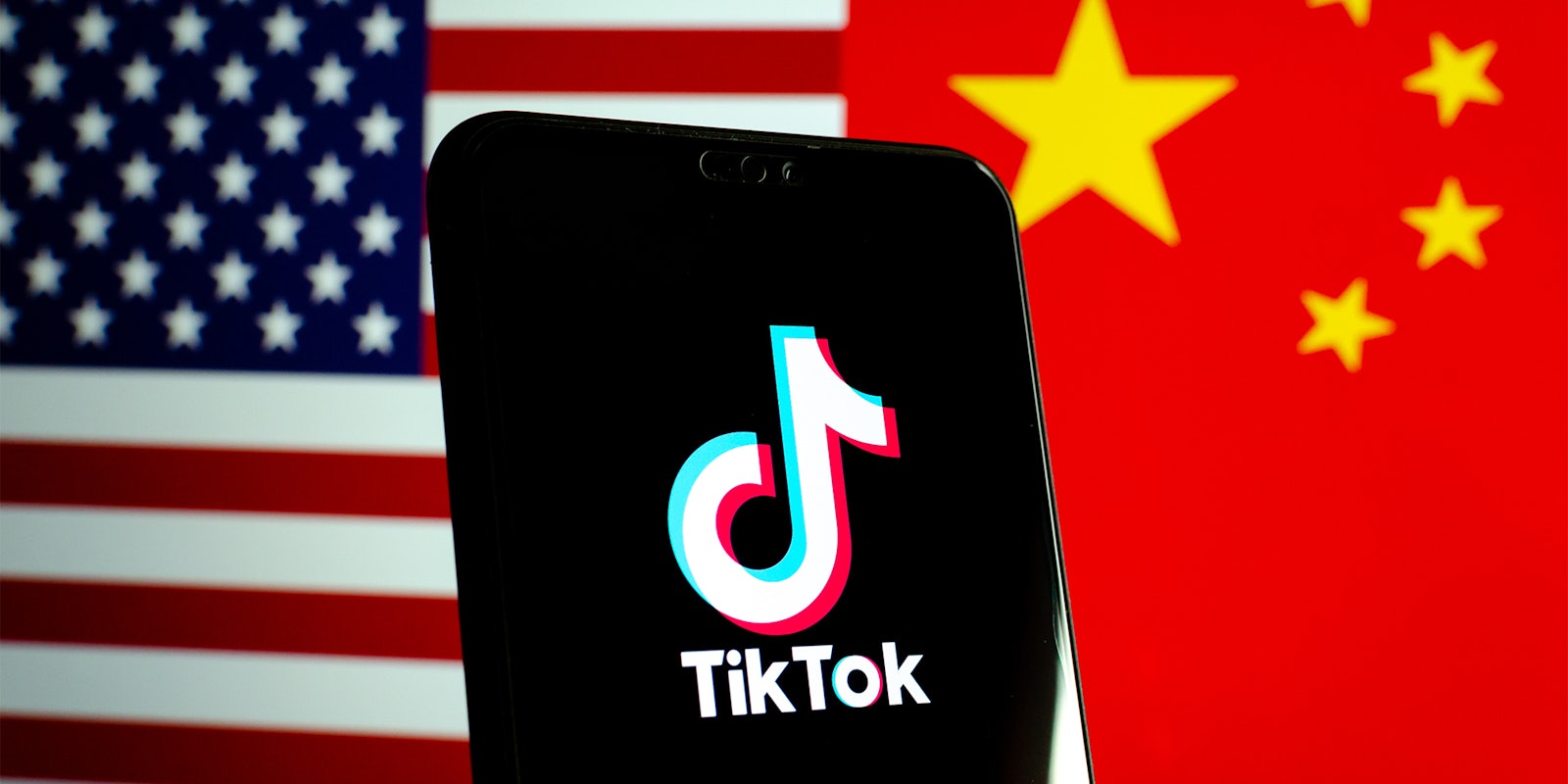FCC Commissioner Brendan Carr urged Apple and Google to remove the popular app TikTok from their app stores over concerns regarding data collection.
In an open letter on Tuesday, Carr referred to TikTok as a wolf in “sheep’s clothing” that “harvests swaths of sensitive data” while addressing Google CEO Sundar Pichai and Apple CEO Tim Cook.
Carr specifically cited a recent report from BuzzFeed News surrounding leaked audio from 80 internal TikTok meetings that indicated U.S. user data had repeatedly been accessed in China, despite constant claims from Beijing-based TikTok parent company ByteDance that such data remains in the U.S.
“I am writing the two of you because Apple and Google hold themselves out as operating app stores that are safe and trusted places to discover and download apps,” Carr stated. “Nonetheless, Apple and Google have reviewed and approved the TikTok app for inclusion in your respective app stores.”
In a Twitter thread regarding the letter, Carr further argued that TikTok posed “an unacceptable national security risk” given “Beijing’s apparently unchecked access to that sensitive data.”
“TikTok doesn’t just see its users’ dance videos,” Carr wrote. “It collects search and browsing histories, keystroke patterns, biometric identifiers, draft messages, and metadata, plus it has collected the text, images, and videos that are stored on a device’s clipboard.”
Concerns regarding TikTok’s ties to the Chinese Communist Party already led numerous U.S. military branches to ban the app from government devices in 2019.
Although both Google and Apple have removed apps in the past over data harvesting complaints, it remains unclear whether an app as popular as TikTok, which was downloaded close to 19 million times from both app stores combined in just the first quarter of this year, will face similar action.
Carr has called on both companies to either remove TikTok or explain by next month “the basis for your company’s conclusion that surreptitious access of private and sensitive U.S. user data by persons located in Beijing, coupled with TikTok’s pattern of misleading representations and conduct, does not run afoul of any of your app store policies.”


